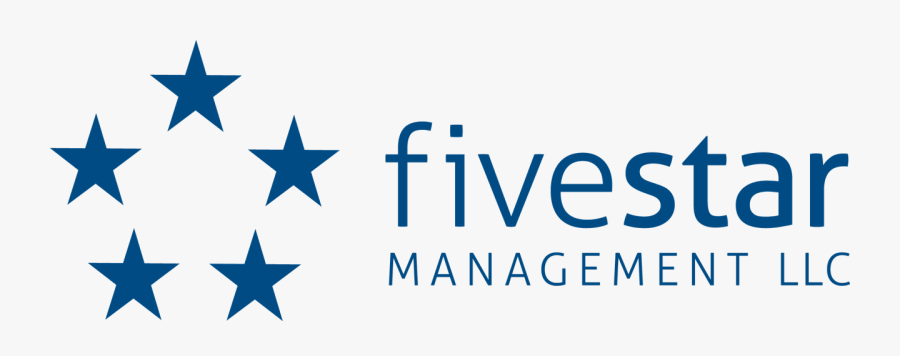
Thirty Minutes That Will Revolutionize Your Office
A DC client took one of their CAs to a seminar, only to have her miss the meetings because she was hung over and ill in her hotel room after partying late the night before. Her behavior crashed the entire weekend for his team, and she lost her job as a result. You’ve probably heard this kind of story, or perhaps you experienced something like this ourselves. It’s a big disappointment, and an even bigger waste.
But that’s nothing compared to the thousands of doctors who squander an entire year of seminars full of excellent information, motivation, team building, and resultant practice growth just by not preparing themselves or their staff for training.
How big of a waste is this really? Think of all your hard-earned money in the back of an open pickup truck speeding down the highway. Some of that cash is bound to stick to something, but most of it is lost. Scary enough for you?
I’m going to give you my secrets and a simple strategy for a thirty-minute meeting that will maximize the effect of any seminar you attend with your staff. In fact, the whole point here is to help you extract every dollar of information, motivation, and momentum that you pay for... and a lot you don’t.
How good are these secrets? I developed two associates to over five hundred visits a week, another group of four to more than 390 a week, and four of my ten offices went over three hundred visits a week with just one DC, one full-time CA, and one part-time CA each.
So let’s go.
First, if it happens in your practice, you're responsible. If you're not, who is? Our friend with the wild CA needed to let her know what acceptable behavior looks like. But I’m talking about much more than acceptable behavior. I’m talking about exceptional performance.
Second, if you're responsible for what happens in your practice, you're also responsible for what your staff gets out of seminars. Therefore, you need to train and prepare your staff to not only behave well, but to gain all they can from special training.
For example, if you hunt, fish, ski, or go boating, the success of your outing hinges on preparation. If you don’t plan, you may not have the right clothes, the right equipment, or enough gas, and you could be in big trouble.
I learned this lesson one weekend when I got in my neighbor’s boat to travel from a remote island to the mainland during high winds. He told me everything would be fine. However, just as we were taking every other wave over the bow, he ran out of gas. By God’s grace we were rescued. Now I always take responsibility to check all the gas tanks on every boat trip.
How does this apply to what I'm discussing here? I bring all my DCs and CAs to seminars, and have for decades. Done right, it’s a great investment. Yet I quickly learned that "done right" meant I needed to prepare my staff for the best results.
In prepping for a seminar, I ask DCs and CAs alike for written answers and discussion of the following questions:
I encourage each individual to participate in the seminar by asking questions of the speakers – especially asking the top people in attendance how they handle key issues – and introducing themselves to the leader types and other sharp DCs and CAs in attendance.
I tell my staff members they will need to take and organize notes and quotes for our debriefing meeting that will follow when we get back to the office, as each person will be teaching me what they learned. By doing this, I’m protecting my investment, empowering my staff, and enlisting them to help me reach clinic goals.
The debriefing meeting is an excellent management tool. Just by scheduling the meeting before we leave for the seminar, staff members know they'll have to contribute, and that usually means they pay better attention during the training. I applaud good contributions and initiative as well as listen for what’s missing. Typically, I'll incorporate at least part of everyone’s ideas in our action plan, which has produced an invested and motivated staff.
As for seminar conduct, I have a little speech:
"We're going to the seminar to learn, have fun, and share. We want to better ourselves and extract ideas that will make it easier to serve chiropractic, help people, have more fun, and be more successful. You can’t do that hung over or without sleep. You represent this practice, so be reasonable and get enough sleep to do your best work.
"It’s up to you to get your answers and solutions, so listen, take notes, ask questions, and mingle with the best and brightest during the breaks.
"Now, each of you tell me what you’re going to bring back to the office and share at the debriefing meeting...
"Great, let’s go."
Author
Platinum System
Contact Us
Support (888) 880-8602
Sales (888) 808-4898
International (954) 933-5171
Office Hours
7:30am - 9:00pm EST M-Th
7:30am - 6:00pm EST F
© 2022 Platinum System CR Corp